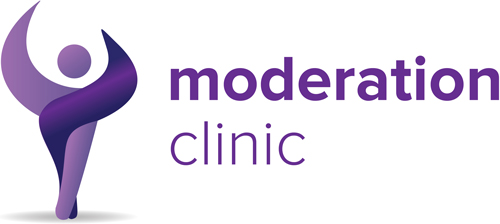Dr Kevin Glisenti is an experienced Eating Disorder Therapist in Redcliffe, providing specialised therapy for a spectrum of conditions, including Anorexia Nervosa, Bulimia Nervosa, Binge Eating Disorder, Avoidant/Restrictive Food Intake Disorder (ARFID), and Other Specified Feeding or Eating Disorders (OSFED).
Proficient in addressing Eating Disorders, his therapeutic approaches are carefully crafted to navigate the unique challenges presented by these disorders, aiming to support individuals in overcoming their eating concerns and fostering a healthier relationship with food and body image.
Eating Disorders that we can help with …
Anorexia Nervosa
This disorder is characterised by a significant restriction of food intake, intense fear of gaining weight, and a distorted body image. Individuals with anorexia nervosa often view themselves as overweight, even if they are dangerously underweight. They may weigh themselves repeatedly, eat very small quantities of only certain foods, and exercise excessively.
Bulimia Nervosa
Individuals with bulimia nervosa frequently engage in episodes of binge eating followed by purging. Binge eating involves eating large amounts of food in a short period while purging behaviours can include vomiting, fasting, excessive use of laxatives or diuretics, or excessive exercise. Like those with anorexia, people with bulimia often fear gaining weight and are intensely unhappy with their body size and shape.
Binge Eating Disorder
This is characterised by regular episodes of binge eating without the purging behaviours found in bulimia nervosa. During these episodes, individuals typically eat large amounts of food rapidly and feel a lack of control over their eating. This disorder is often associated with feelings of guilt, shame, and distress.
Avoidant/Restrictive Food Intake Disorder (ARFID)
Unlike anorexia, where concerns about body weight and shape drive the avoidance of food, ARFID is characterised by a disinterest in eating; avoidance of food with specific sensory characteristics, like colour, texture, smell, or taste; or concern about aversive consequences of eating, like choking or vomiting. It can lead to significant nutritional deficiencies and weight loss.
Other Specified Feeding or Eating Disorder (OSFED)
This category is for disorders that cause significant distress or impairment but do not meet the full criteria for any of the other eating disorders. Examples include atypical anorexia nervosa (where weight remains within or above the normal range), subthreshold bulimia or binge eating disorder (with less frequent binge/purge episodes), or purging disorder (purging without binge eating).
